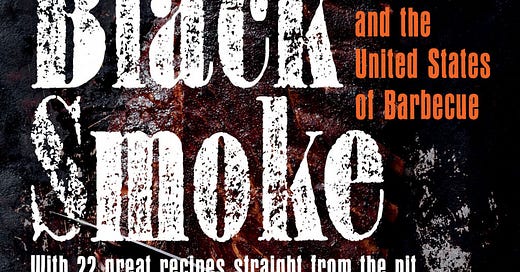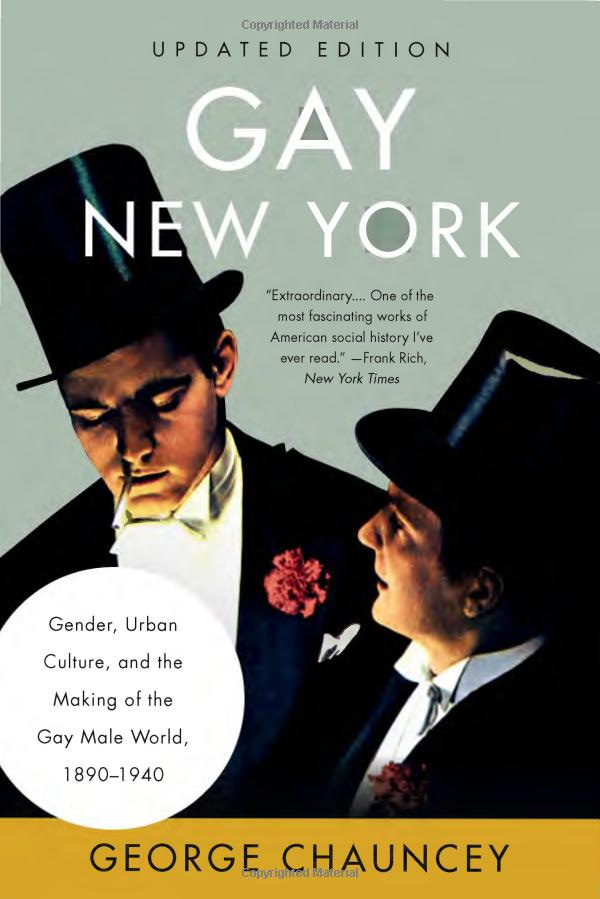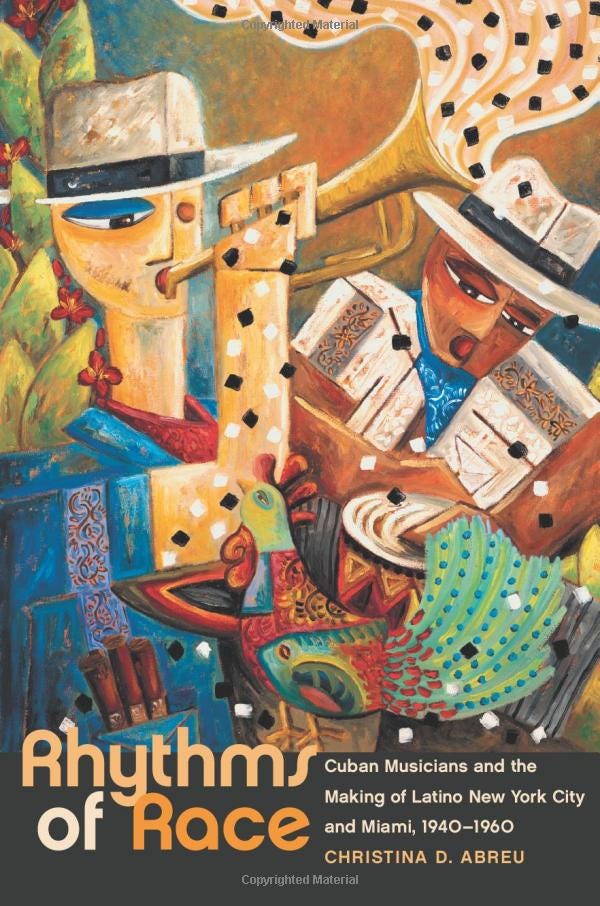Greetings from the House of Terror now that I live with a 16-week-old puppy named Buster. He likes to chew on everything, especially the cat and my 11-year-old son. Fortunately he hasn’t found my books yet, though I imagine it is only a matter of time. But until then, I thought perhaps I might offer some suggestions on American history that you may or may not know. I’m not paid for these; I just like these books.
Joshua Piker, The Four Deaths of Acorn Whistler: Telling Stories in Colonial America
If you’ve never read a microhistory, prepare yourself. In this 2013 work of genius, Josh Piker tells the four competing stories of a Creek headman. Piker’s analysis of the multiple perspectives of Acorn Whistler’s execution and why it was necessary tell us much about the agendas and actions on the southern colonia frontier in the 1750s.
Dan Flores, Coyote America: A Natural & Supernatural History
I wrote last year that Flores’ Wild New World was the best book I’d ever read. That remains true. But WNW is a big book. For something more approachable (and that works easily into a survey course), consider this book focusing on an often misunderstood and underappreciated animal: the coyote. Flores centers his book on what Lewis & Clark called the “prairie wolf” to talk about Indigenous customs, evolutionary history, American environmental policy, and more. You’ll leave with a whole new appreciation for this amazing animal.
Adrian Miller, Black Smoke: African Americans and the United States of Barbecue
One of my favorite things to do as a historian is to sneak history into a conversation when no one is looking. Much of this approach is reflected in HATM. I call it going through the side door. Adrian Miller does no such thing. This incredible work (which I’ve gifted more than once) demonstrates that you cannot separate food from history and that one is a powerful way of understanding the other. In addition to a fascinating commentary on African American history, you get some absolutely amazing recipes from some of the best Pitmasters in the country. Love this book.
George Chauncey, Gay New York: Gender, Urban Culture, and the Making of the Gay Male World, 1890-1940
This is a book I was introduced to in graduate school and I am so glad that happened because I probably never would have read it otherwise (this is why we go to college, folks). Chauncey’s page-turning account vividly tells of the lives of gay men in the early 20th century. The book is a surprising read because what Chauncey unearthed in his research tells a history that is far from linear. Progress, he shows, is not always forward moving. There are few better-written books that I can remember from the top of my head.
Christina D. Abreu, Rhythms of Race: Cuban Musicians and the Making of Latino New York City and Miami, 1940-1960
At the risk of two books featuring New York City, I wanted to share Christina Abreu’s work mostly because I just finished a big mug of Cuban coffee and as a resident Floridian, I love talking Cuban history. This is a book you can almost hear as you read to yourself. Much like Adrian Miller shows that you cannot separate food from history, Abreu demonstrates the intertwined relationships between music, migration, and culture. It’s a terrific work that builds upon oral histories and other media to tell a history that is both global and crucially American.
And that’s it for now! What histories do you like? If you like posts like this, let me know and I’ll write more of them.








